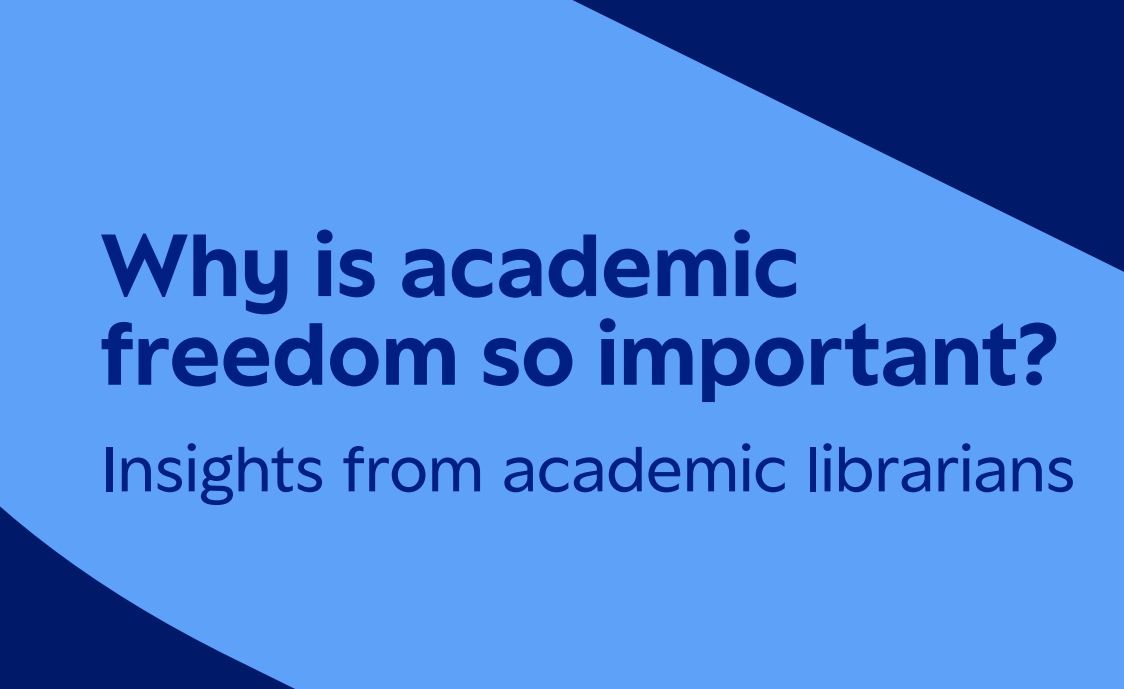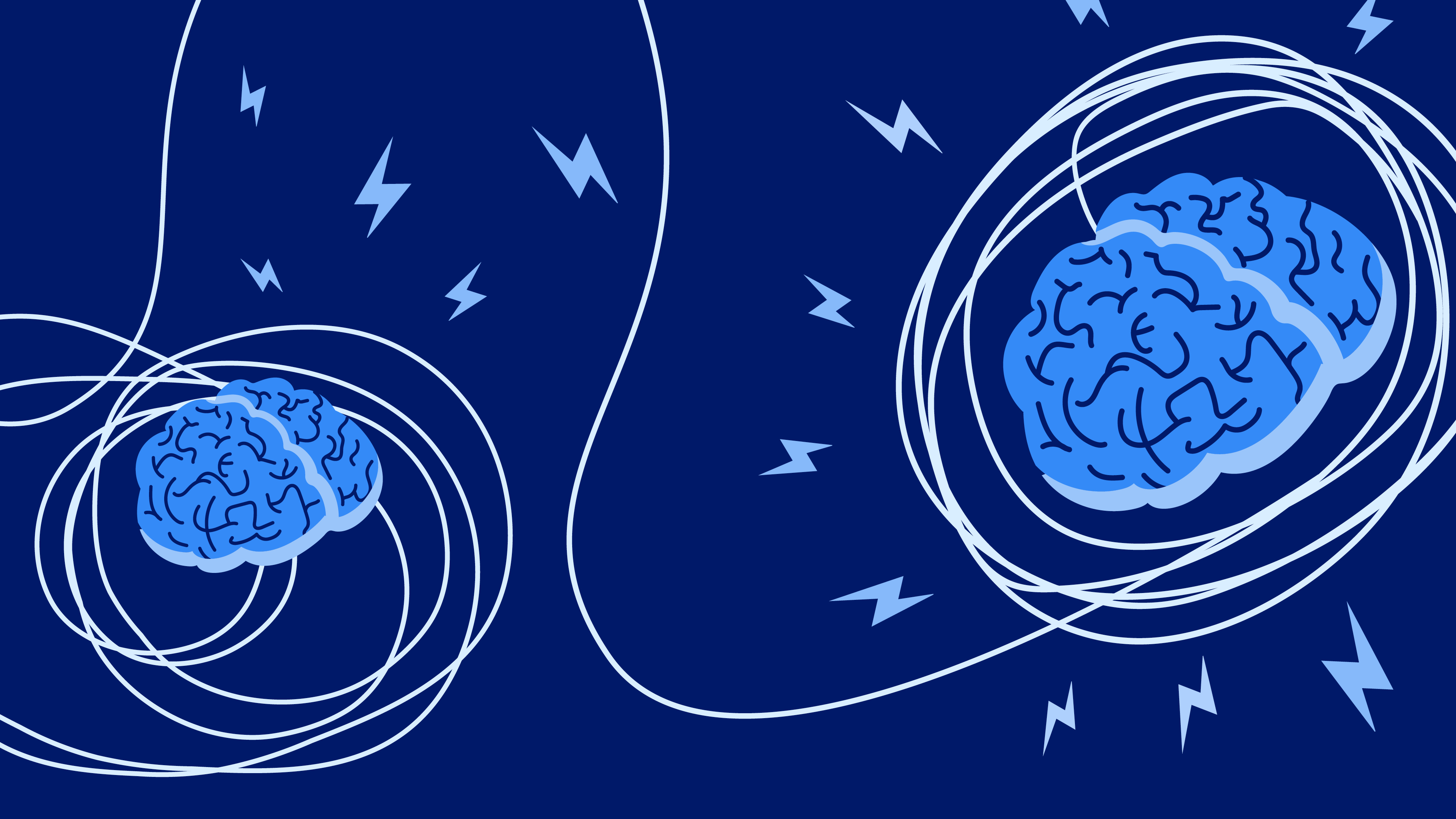Charleston Essay Contest Winners
Last summer, Sage opened a contest for librarians to enter to win a travel grant to the 2024 Charleston Conference.
January 17, 2025
We asked: In an era of great transformation for the library, how is the role of the librarian being redefined? Read the winning responses below.
Emily Wros, systems and discovery librarian at West Carolina University

In today’s era of rapid change, the role of the librarian is evolving beyond the traditional image of a curator of books. Modern librarians are becoming digital navigators, guiding patrons through an ocean of online resources and databases. They are tech-savvy educators, teaching digital literacy skills essential for navigating the information age. Most importantly, librarians are community builders, creating inclusive spaces both physical and virtual where people can learn, collaborate, and innovate. They curate not just books, but digital collections and multimedia content, ensuring access to diverse and relevant information. The librarian of the 21st century is a versatile, multi-faceted professional who plays a crucial role in fostering lifelong learning and bridging the digital divide in an ever-changing world.
Dr. Abhishek Thommandru, assistant professor, Alliance University

In the digital age, the role of the librarian is undergoing a profound metamorphosis. No longer mere custodians of books, we are evolving into dynamic information architects and digital literacy champions. Our mission now transcends physical boundaries, as we curate vast digital ecosystems and navigate the complexities of open access, data management, and digital preservation. The modern librarian is a multifaceted professional: part educator, part technologist, and part community builder. We are at the forefront of combating misinformation, fostering critical thinking, and promoting ethical information use. Our expertise in information literacy has become indispensable in academia, equipping students and researchers with the skills to thrive in an information-saturated world. Moreover, we are pivotal in driving the open science movement, facilitating collaborative research environments, and ensuring equitable access to knowledge. As AI and machine learning reshape information landscapes, we must become adept at harnessing these technologies to enhance discovery and streamline services. In essence, the 21st-century librarian is a strategic partner in the academic enterprise, integral to advancing scholarship, innovation, and lifelong learning in an increasingly complex information ecosystem.
Debra Wohlert Juarez, library specialist, University of St. Thomas

The world around us is in a constant, frantic state of change and libraries are not immune. Higher education and libraries face uncertain times with shrinking budgets, staffing cuts, and falling enrollment. While this may cause stress and worry, it’s also a time of great opportunity for librarians. The stereotype of a cardigan-donned librarian with a hair bun who sits idly behind a reference desk is out of date. It’s time for librarians to redefine their roles. We're in an era of open access, information “in the cloud”, and artificial intelligence. To stay relevant, we need to keep abreast of the latest developments and continue to educate ourselves so we can, in turn, impart that knowledge to others on our campuses. Librarians need to market themselves and show their worth, backed up with data; and be technological innovators with the ability to responsibly use and educate their campuses about artificial intelligence. Librarians need to be agile and flexible to stay on top of the ever-changing library and academic landscape. As purveyors of knowledge, librarians have an opportunity to be at the forefront of technology and information at their institutions. Welcome to a new era of librarianship!
Josh Borycz, STEM librarian, Vanderbilt University
In the contemporary research environment, academic librarians can no longer simply facilitate access to information and hope that their community members will come to them for help with information. Rather, librarians need to create opportunities to engage with researchers and connect them with modern information technologies that can remove barriers to their research productivity. To identify these opportunities to integrate ourselves into their work and actively support them, librarians are now in the business of learning what questions researchers are asking, what tools they are using, and what parts of the research process are causing them the most pain. This means providing data management support, guidance, and investment in open access agreements and open data resources, instruction on the ethical and practical use of artificial intelligence tools, coding and data analysis assistance, and consultations with their students on reading, writing, and presenting research. Librarians are well-equipped to become professional leaders in new open access policies and research technologies while also providing point-on-need support to their institutional faculty members and students. By working alongside faculty researchers, librarians can create customized solutions that will drive the progress of their institutions to thrive in an increasingly computational research environment.
Anjaneya Reddy, assistant librarian, Indira Gandhi Institute of Development Research

Over the decades, Librarianship has efficaciously embraced various levels of traditional to contemporary libraries, leveraging skills such as custodian of the information, internet, digital, open access, data management, and hybrid technology that have immensely impacted the libraries. During this time, librarianship has leveraged technologies of computerized catalogs, digital collections, automation, CMS, IoT, RFID, Wi-Fi, cloud technology, virtual reality, and collaborative tools to expand learning and research, ensuring seamless access to the diverse user community. At present with the massive growth of research publications in a variety of forms, with ever-growing information needs, and ever-changing technologies, including the current trend of AI in organizing and catering to the needs of the diverse user community, the librarian roles can be redefined in many ways. Specifically, roles like “AI Information strategist” or “Digital Information Stewardship” reflect not only the responsibility of managing, curating, and guiding access to a large scale of information, including digital and AI-driven resources, but the role of maintaining ethics and providing equitable access that emphasizes safeguarding the integrity and use of information in the right direction. So, librarians are stewarding multiple roles as proactive educators and leaders, empowering users to engage with information, which makes them essential in today’s evolving techno-info landscape.
Miteshkumar Pandya, deputy librarian, National Forensic Sciences University, Gandhinagar

In an age characterized by rapid technological advancements and digital transformation, the traditional role of the librarian is undergoing a significant redefinition to better align with the changing needs of library users and the broader community. This redefinition encompasses a number of key shifts, including the roles of Information Curator and Knowledge Manager, Digital Literacy Educator, Technology Facilitator, Community Engagement and Outreach Specialist, Research Support and Data Management Expert, Advocate for Access and Inclusion, Champion of Cultural and Intellectual Freedom, and Innovator in Library Services and Spaces. The modern librarian is no longer simply a custodian of books, but rather a dynamic and multi-faceted professional who serves as an expert in information, a digital educator, a community leader, and a staunch advocate for equitable access to information. This transformation is essential in ensuring that libraries remain relevant, inclusive, and responsive to the diverse needs of their communities in an ever-evolving world.



